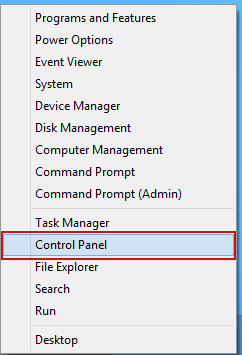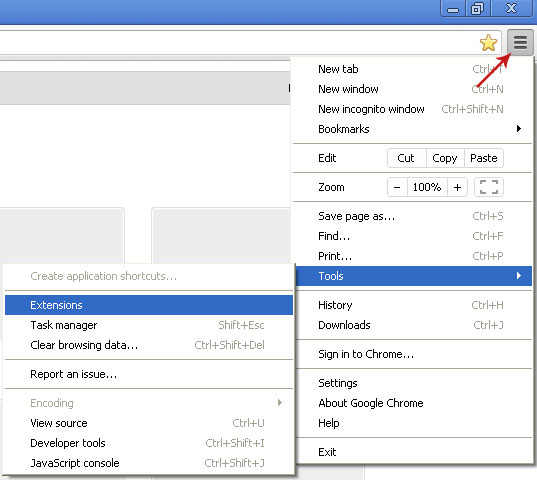Unfortunately it sounds like you’ve been the victim of browser hijacking – when a third party commandeers your browser, reconfigures the settings, adds their own extensions and has possibly, very kindly, saved you some new ‘favourite’ links to websites that you’ve never visited before. If something called "oyodomo.com" keeps popping up then your computer is infected with adware/PUP that hijacks your web browser and either display pop up or redirect your Google searches to some random search engine and may even slow your computer. Pop ups may come up every ten minutes or whenever you open a new tab. Needless to say, this can be really disturbing.
What is the reason behind someone wanting to attack your computer and display pop ups or redirect your search results? Put quite simply it’s all about the money. There is a whole culture of cyber criminals and hackers who are working behind the scenes to attain financial gain by infecting regular computer users like you and me with their browser hijackers and similar malware. But how do these hackers actually make their money? Well they might direct you to a website of their choosing, hoping that you’ll click and spend, either for their personal finances or for someone else’s.
Creators of oyodomo.com are usually, unfortunately for us, pretty good at what they do too, with many of them changing their coding on a frequent basis so that they can avoid being easily detected by antivirus software. But it's very important to understand that the website itself isn't malicious. The main problem is misleading ads and redirects that may lead you to malware and other PC threats.
However, it’s not just drive-by downloading that can install unwanted software and adware on your computer – as computer users we can also be responsible for unwittingly causing havoc with our very own systems. For example a lot of freeware, shareware and even some commercial software programs will also try to sneak an unwanted browser tool bar past you when you’re downloading them. The trick here is to pay attention! Most of us are guilty (I know I certainly am) of downloading something and being so eager to install it that we don’t pay any attention to the End User Agreement, i.e. the setup screen that asks you if you want to opt out of certain add-ons.
A good example of this is Java. When you update your version, if you don’t uncheck one of the boxes in the set-up window, you'll also install the Yahoo tool bar. Now, Yahoo is a reputable company and their tool bar is not spyware and is easily uninstallable, however it’s possibly something that you didn’t want added to your browser.
Therefore the three rules to abide by are: read the small print when downloading or installing, don’t click on links or pop-up boxes if you’re not sure what they are – and of course - make sure your PC’s antivirus software is always smack bang up to date. Now, to remove malware that causes oyodomo.com pop ups and redirects, please follow the removal guide below. All you need to do is remove recently installed adware and malicious web browser extensions. And of course, you should scan your computer with recommended anti-malware software ti make sure that your computer is clean. If you have any questions, please leave a comment below. Good luck and be safe online!
Written by Michael Kaur, http://deletemalware.blogspot.com
oyodomo.com removal instructions:
1. First of all, download recommended anti-malware software and run a full system scan. It will detect and remove this infection from your computer. You may then follow the manual removal instructions below to remove the leftover traces of this browser hijacker. Hopefully you won't have to do that.
2. Uninstall recently install applications including web browser extensions and related programs from your computer using the Add/Remove Programs control panel (Windows XP) or Uninstall a program control panel (Windows 7 and Windows 8).
Go to the Start Menu. Select Control Panel → Add/Remove Programs.
If you are using Windows Vista or Windows 7, select Control Panel → Uninstall a Program.

If you are using Windows 8, simply drag your mouse pointer to the right edge of the screen, select Search from the list and search for "control panel".

Or you can right-click on a bottom left hot corner (formerly known as the Start button) and select Control panel from there.

3. When the Add/Remove Programs or the Uninstall a Program screen is displayed, scroll through the list of currently installed programs and remove DownloadTerms, LyricsPal, HD Flash Player and any other recently installed application.

Simply select the application and click Remove. If you are using Windows Vista, Windows 7 or Windows 8, click Uninstall up near the top of that window. When you're done, please close the Control Panel screen.
Remove oyodomo.com from Google Chrome:
1. Click on Chrome menu button. Go to Tools → Extensions.

2. Click on the trashcan icon to remove DownloadTerms, LyricsPal, HD Flash Player or any other recently installed extension.

Remove oyodomo.com from Mozilla Firefox:
1. Open Mozilla Firefox. Go to Tools → Add-ons.

2. Select Extensions. Remove DownloadTerms, LyricsPal, HD Flash Player or any other recently installed extension. Close the window.
Remove oyodomo.com from Internet Explorer:
1. Open Internet Explorer. Go to Tools → Manage Add-ons.

2. Select Toolbars and Extensions. Remove DownloadTerms, LyricsPal, HD Flash Player Internet Explorer add-ons.
Remove oyodomo.com pop ups and redirects (Uninstall Guide)
4/
5
Oleh
soni agus


